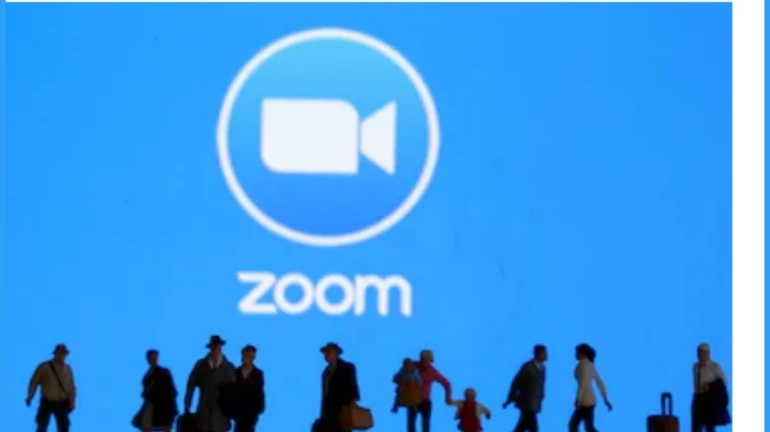
Apps like Zoom and Houseparty are currently dominating the news cycle with some valid concerns about privacy. On the other hand, reliable alternatives like Google Hangouts, Microsoft Teams have offered free subscriptions to users which allows them to connect with their friends and family. But Houseparty and Zoom have been in focus the past few days for a variety of reasons.
This was touted as an alternative to Zoom and it can host up to 8 users in a video call while also offering a bunch of other social features. Rumours started making the rounds not too long ago that Houseparty’s database had been hacked and that PayPal information, as well as email addresses, were compromised. Meanwhile Houseparty chief, Sima Sistani has said that rumours about the app being hacked “are fake news.”
After rumours broke out, some Android users found that they were unable to delete their accounts. They had to send the developers an email for account deletion, and since there was an overwhelming amount of deletion requests, the mails would just bounce back, it is said. To quell fears among its users, the company put out a statement saying - “the service is secure, has never been compromised, and doesn’t collect passwords for other sites.” Houseparty event offered a $1 million bounty to those who can prove these rumors. The company alleged that this was a smear campaign.
Zoom’s issues are far more concerning, especially since millions of people downloaded the app shortly after the coronavirus pandemic became widespread. In fact, Zoom was also used by UK PM Boris Johnson for the “first-ever digital Cabinet” on March 31, 2020. The developers of Zoom launched the app in December 2019 and would never have envisioned such a massive boost in its user base. The company even put out a statement earlier this month saying that they did not anticipate “every person in the world would suddenly be working, studying, and socializing from home”.
On the negative side, top global authorities including the FBI have issued advisories against using Zoom given the phenomenon known as “Zoom bombing”. This is when trolls hijack your video conversations with potentially harmful content including pornography. However, this can reportedly be remedied by setting the calls to ‘Private’. This is important to keep in mind given that most children across countries like the U.S. and parts of Europe currently rely on Zoom for their day-to-day schooling.
A couple of weeks ago, Taiwan officially became the first country to ban the use of Zoom in government given its security issues that came to light in late March. The New York Education Department also stopped using Zoom and decided to use Microsoft Teams instead.
In India, the Computer Emergency Response Team of India (CERT-In) has said - "Insecure usage of the platform (Zoom) may allow cyber criminals to access sensitive information such as meeting details and conversations,” while also advising caution to citizens before accessing the app. It is recommended to keep strong passwords for each video meeting while also making sure the users are accessing the latest version of the app.
Entrepreneur Elon Musk has reportedly banned the use of Zoom within SpaceX establishments given the security risks it could pose. Separately, a recent report talked about how Zoom’s iOS app was sending user data to Facebook. So it’s safe to say that Zoom has had it much worse than Houseparty in the recent environment.
Fortunately, the company has made progress with regard to fixing vulnerabilities. Zoom recently announced a 90-day freeze on feature updates, dedicating its resources fully to privacy and security related issues.
Zoom has somewhat acknowledged its issues and has gone on to fix them, while Houseparty has swept aside the allegations as fake news. Apps like Slack and Microsoft Teams have also shown some vulnerabilities, although they’re all fixed now.
A New York Times report from early this month revealed that Zoom’s business partners like Dropbox were well aware of the security vulnerabilities before it became public. It is said that the issue took months to fix after it was originally discovered at a hackathon sponsored by Dropbox.





